There are a lot of cool and fascinating people out there who don't get the credit they deserve and are underrepresented in our history books.
Learn something and go out there and share these names with others: More people should know them!
Thankfully Redditor MrMelon03 asked:
"Who is someone in history that few people know about that you think more people should?"
"Created the vaccines..."
"Created the vaccines for measles, mumps, hepatitis A, hepatitis B, chickenpox, meningitis, pneumonia, and haemophilus influenza and like three dozen other things."
"Had a rare blood type..."
"Had a rare blood type that cures Rhesus Disease in babies. Donated blood over 1,000 times and saved an estimated 2.4 million babies."
"When he testified..."
"Hugh Thompson Jr was a US Army Major who helped end the My Lai Massacre of civilians in Vietnam. He and his crew blocked off and threatened US soldiers participating in the massacre, and personally escorted and evacuated a number of Vietnamese civilians, including children. When he testified against the soldiers and officers who allegedly commited these war crimes, he was condemned and ostracized across his country. He developed PTSD, alcohol dependency, and a number of other problems, but continued to work in the army and as a helicopter pilot."
"Instead..."
"Codenamed Agent Garbo"
"Possibly the most successful and unlikely spy during WWII. Having no intelligence background or expertise, but a burning hate of fascists, he attempted to sign up for both the British and American intelligence services, both of which rejected him."
"Instead, he then signed up for German intelligence services, which did accept him, and began to feed the Germans false intel as a private citizen unaffiliated with any other intelligence agencies. He became a very trustworthy "asset" to the Germans, and UK intelligence finally took note of Pujol when their own intelligence agency observed the German navy expend considerable resources on aggressive maneuvers which made no sense (they were trying to find a fictitious convoy that Pujol had assured them existed)."
"Later, working under the British, Garcia's false intelligence is the single biggest reason D-Day was a success:"
"Pujol had a key role in the success of Operation Fortitude, the deception operation intended to mislead the Germans about the timing, location and scale of the invasion of Normandy in 1944. The false information Pujol supplied helped persuade the Germans that the main attack would be in the Pas de Calais, so that they kept large forces there before and even after the invasion."
"He also has the distinction of being the only person to receive a military decoration from both the Axis and the Allies during WWII (Iron Cross from Germany, Member of the Order of the British Empire). After the war he faked his own death and opened up a bookstore in South America."
"It's impossible to fly..."
"Jimmy Doolittle"
"He's famous for leading the Doolittle Raid, but a lot of people aren't aware of his contributions to aviation."
"It's impossible to fly in the clouds with your vestibular senses alone. Without looking at the ground, you can become disoriented and put the plane into a dangerous position and crash. Doolittle realized that to really achieve full freedom of flight a method of safely flying in the clouds was needed. He developed the artificial horizon and directional gyroscope, still used by pilots today. In 1929, he was the first person to take off, fly, and land a plane using only instruments, without view from outside the cockpit."
"This is one of the most underrated things that helped make air travel possible. So next time your flight takes off on an rainy, overcast day, you can thank Jimmy Doolittle."
"Because she was so persistent..."
"She was a newly hired physician working for the US FDA in the 60s, and refused to approve the drug called Thalidomide for morning sickness, demanding further studies. This is despite the fact that she was facing heavy pressure from the drug manufacturer, and that it was already widely approved in Europe. It was discovered shortly after that Thalidomide causes serious birth defects - affecting 10,000 children in 46 countries. In the UK, half of Thalidomide babies died within a few months. Because she was so persistent, she is credited with preventing the Thalidomide crisis from coming to the US. She was given the President's Award for Distinguished Civilian Service for her actions."
"Fascinating."
"Alexander Von Humboldt : Dude's got more places and things named after him than anyone else on the globe but hardly anyone outside of nature nerds know who he is. Basically he laid the groundwork for guys like Darwin and Charles Lyell and was credited by modern environmentalists and conservationists alike for developing the idea of ecosystems and man's ability to alter/harm them. Geology, climatology, mining, biogeography, volcanology, geomagnetic fields - there was almost no field this phenomenal explorer and naturalist did not make significant discoveries in or propel major ideas forward in that would later bear out in the hands of future experts."
"He was a giant among natural scientists but hardly gets mention today because he doesn't have one massive discovery... just a bunch of massive ideas and a truckload of incremental discoveries with loads of data that helped others. There's a great biography of him by Andrea Wulf called The Invention of Nature. Fascinating."
"As a prisoner of the Japanese..."
"Doctor Weary Dunlop was an Australian Doctor who chose to remain with injured troops rather than be evacuated in WW2. As a prisoner of the Japanese, he did everything he could to save lives. At one point he had to operate to remove an appendix, just as the patient was under the Japanese burst in dragged him out. They beat him up and interrogated him about the location of a radio. At one point he shouted 'I wouldn't bally well tell you even if I did know'. After three days he was released and went straight back to the surgery. Patient lived."
"Another time during the busy time in the Burma Railway the Japanese were sending men who were deathly ill from the hospital. He told the Japenese commander that this was murder and after the war, he would see him hanged. Where ever he went he provided the best possible care, often raising morale. Very often the only equipment he had was a maggot and a sharpened spoon. It became evident after the war that the better survival rates of Australian soldiers was down to his efforts. An unsung hero of the finest sort. Unlike many officers who once captured who refused to lift a finger for their charges Weary Dunlop put his life on the line over and over again."
"Leo Major, a Canadian in the Second World War who single handedly captured a town from the Germans. when he was awarded for the act he turned it down since he thought the general wasn't competent enough to be handing out awards. This was only one of his many bad ass accomplishments in the war."
There are so many figures in history that added a significant contribution to history -- some for the better, some for worse.
Do you have anyone you'd like to see on this list? Add to the comments below.

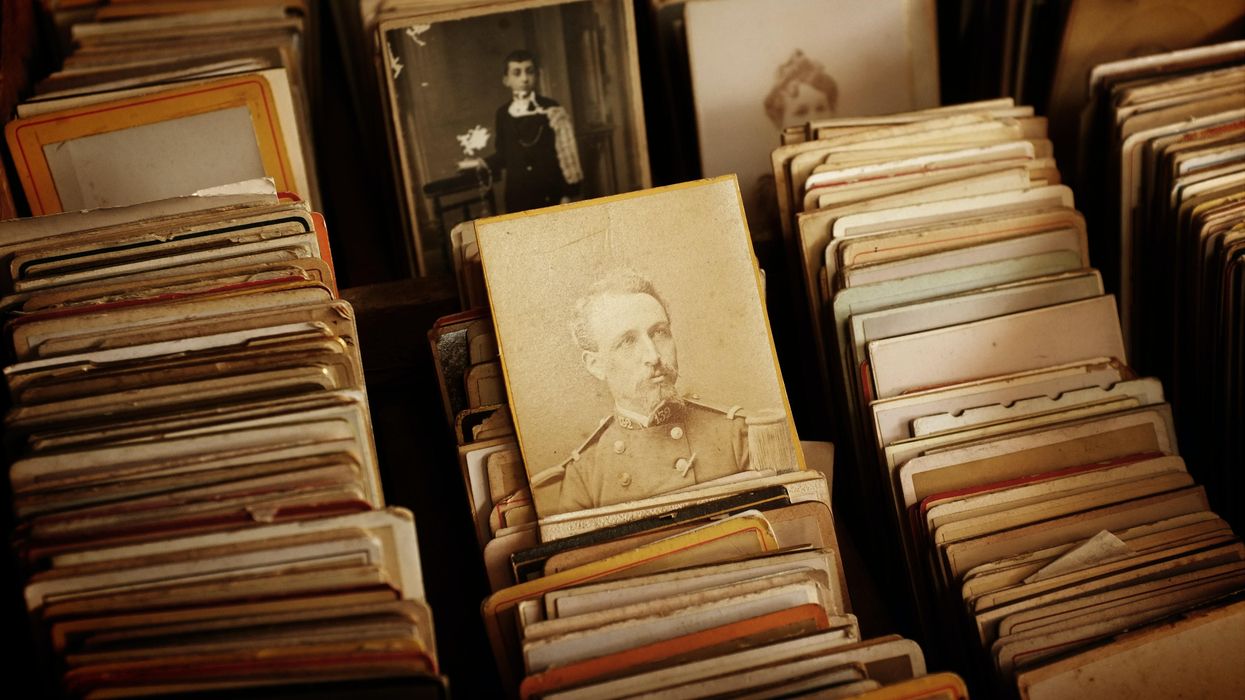

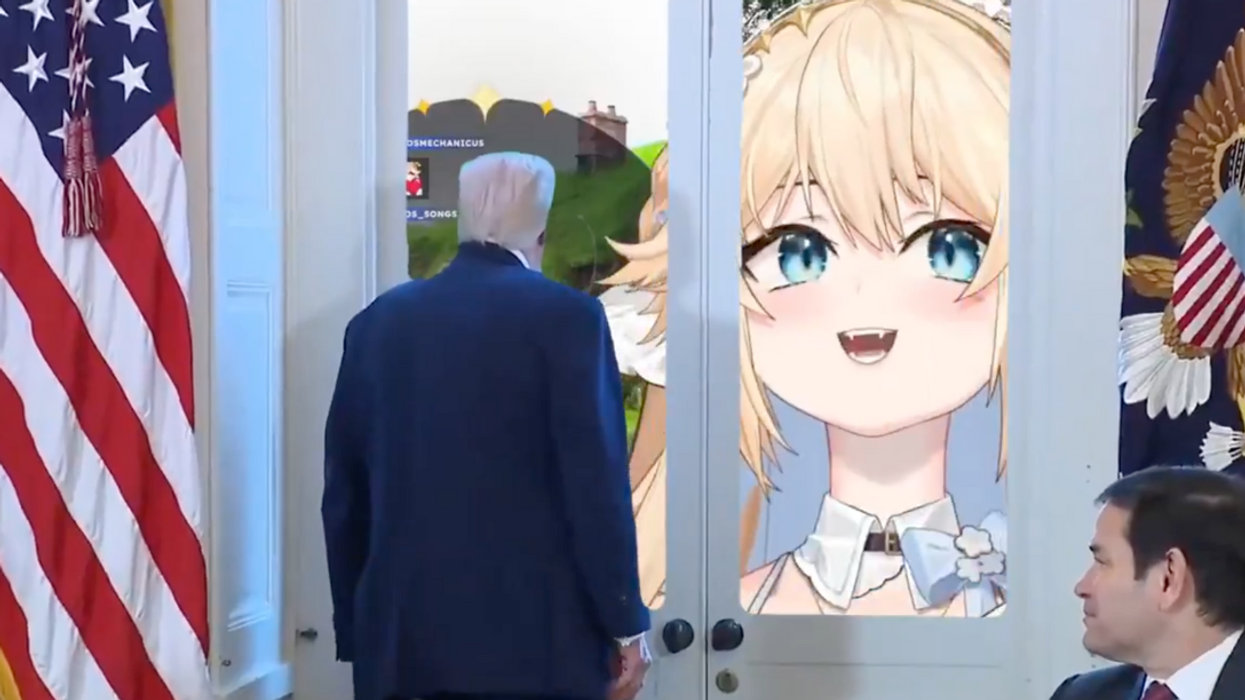
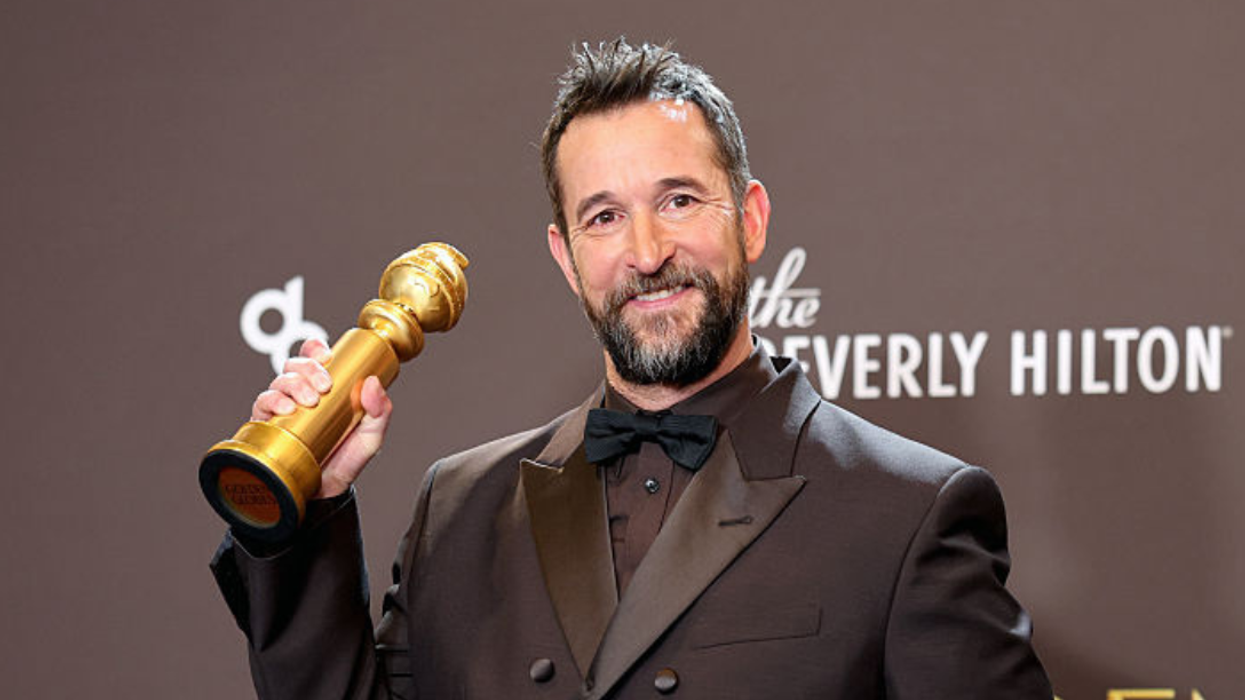
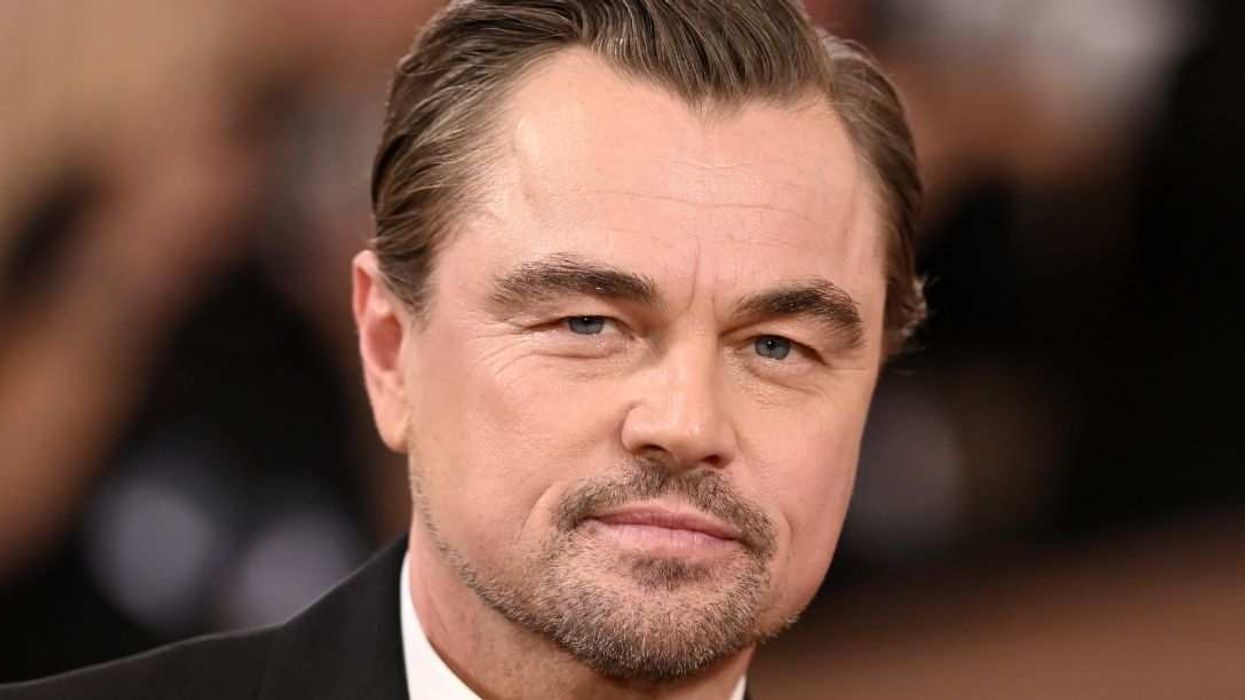


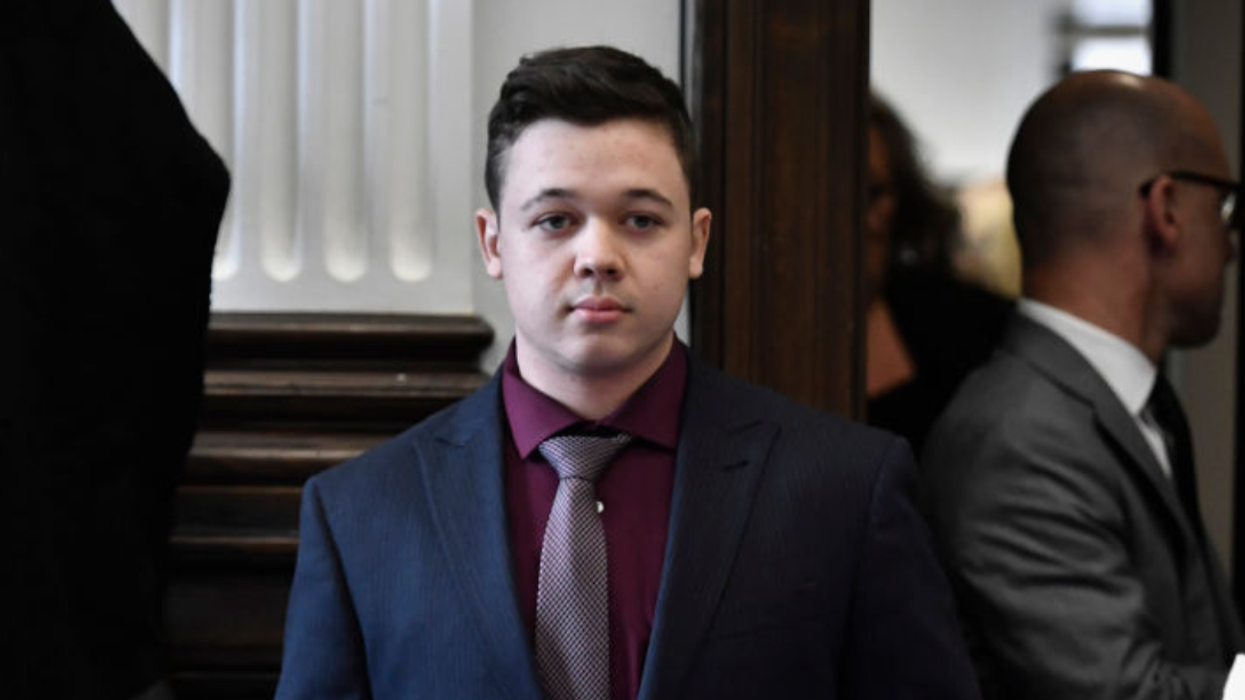
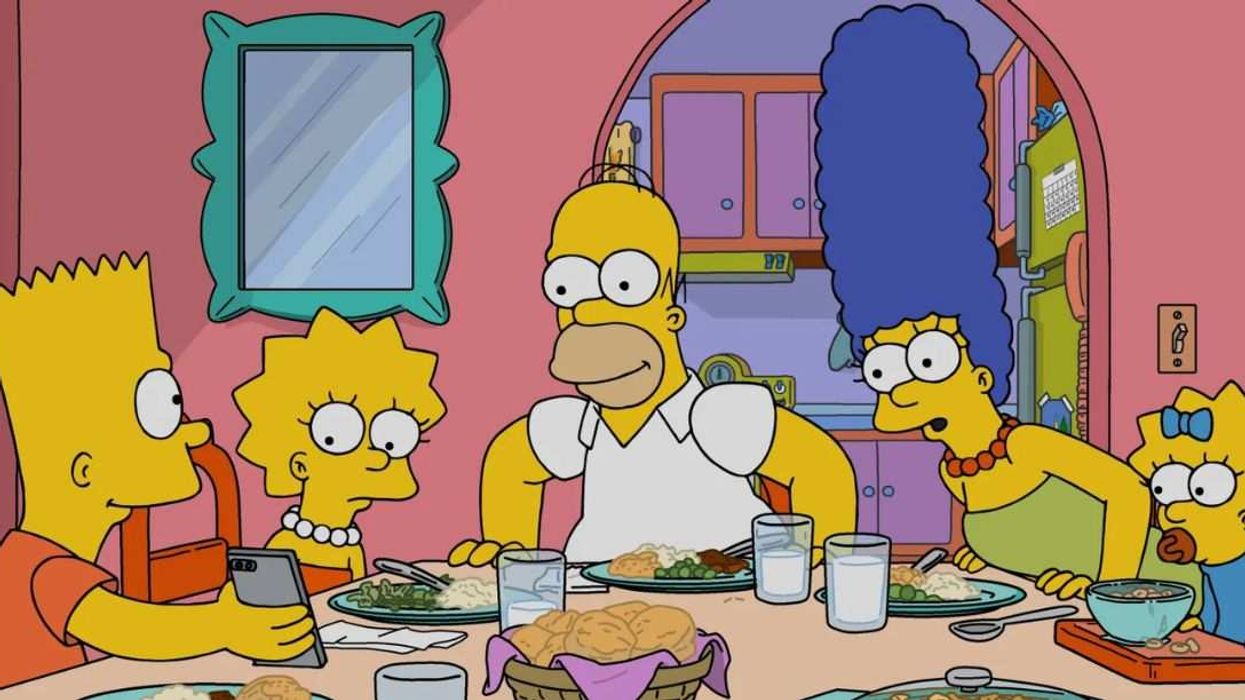


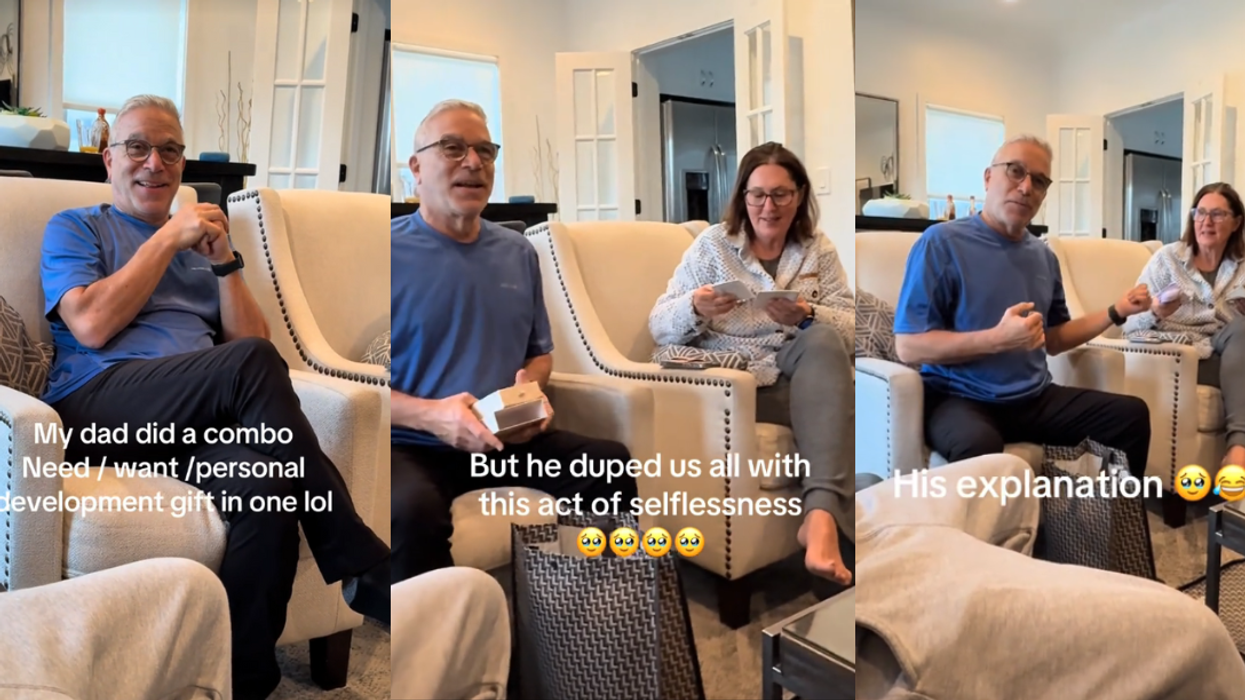
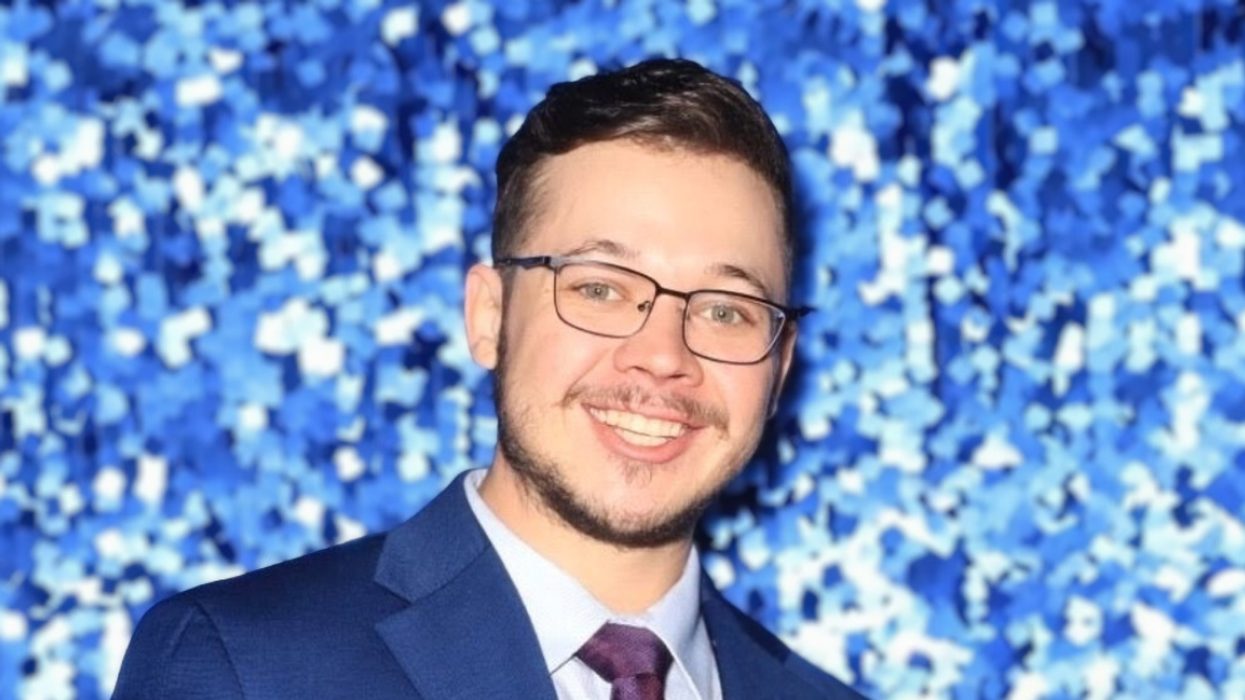
 Indy100/Facebook
Indy100/Facebook Indy100/Facebook
Indy100/Facebook Indy100/Facebook
Indy100/Facebook Indy100/Facebook
Indy100/Facebook @filmystic/X
@filmystic/X Indy100/Facebook
Indy100/Facebook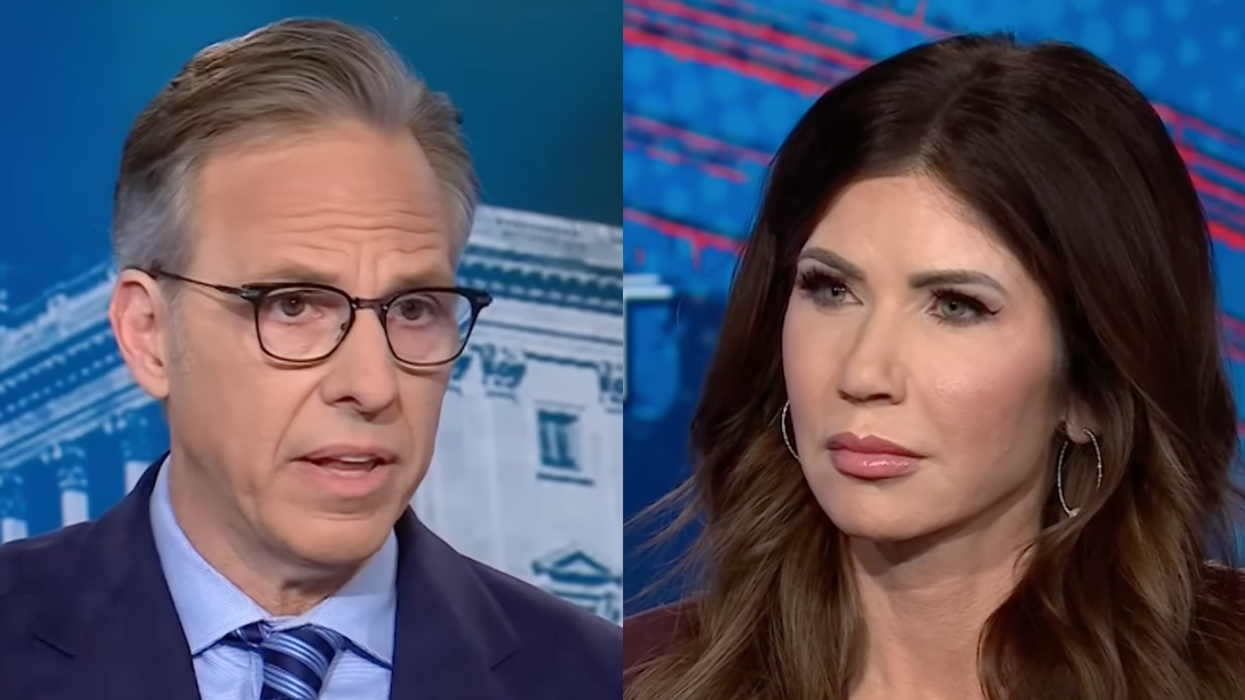
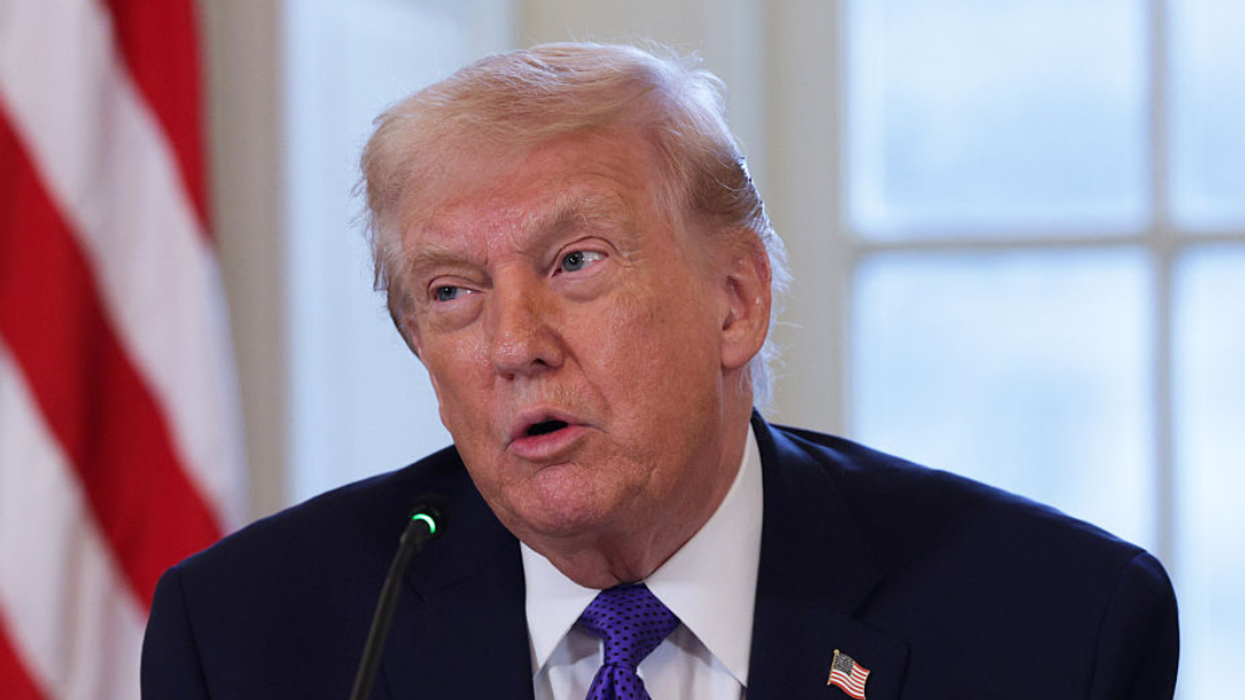
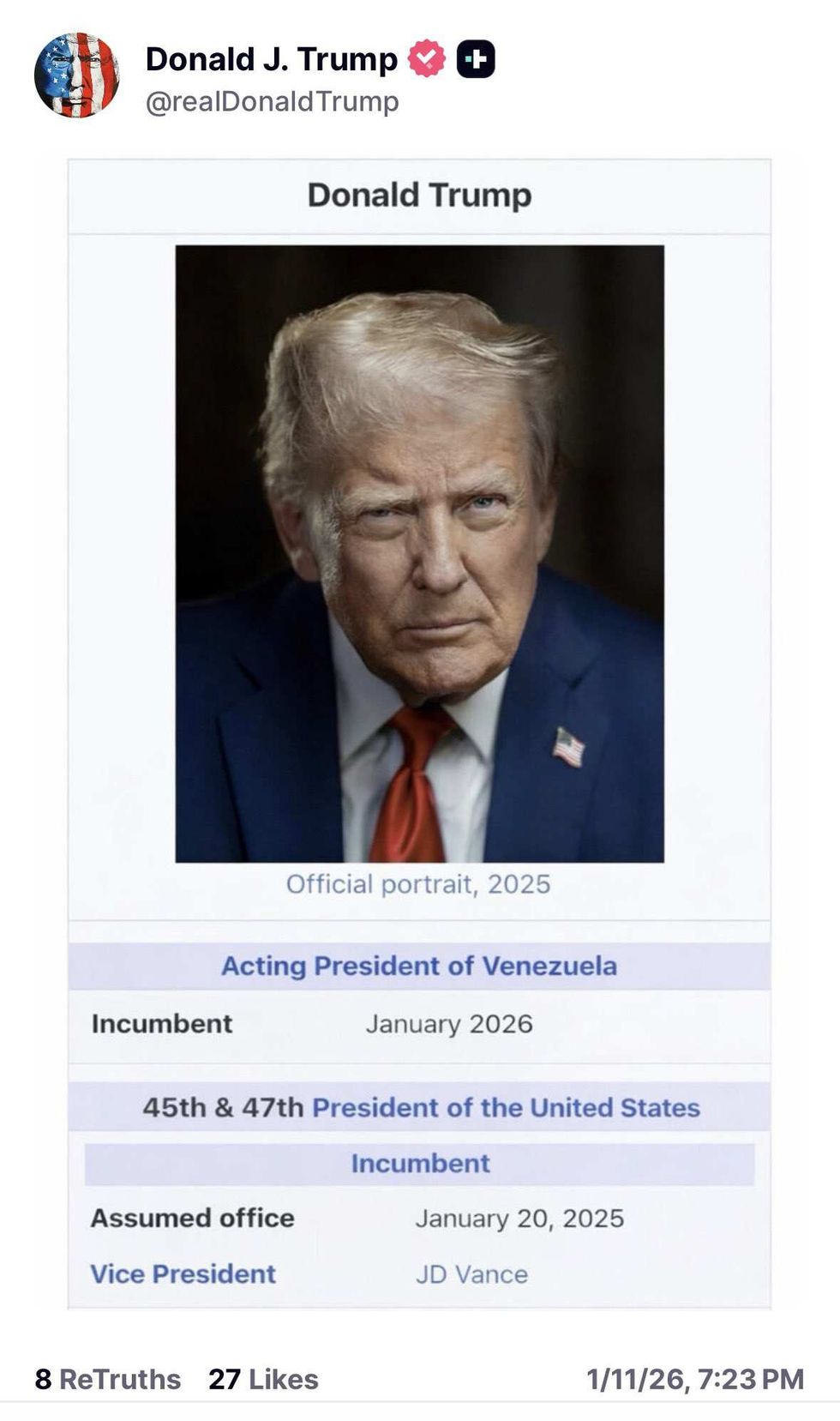 @realDonaldTrump/Truth Social
@realDonaldTrump/Truth Social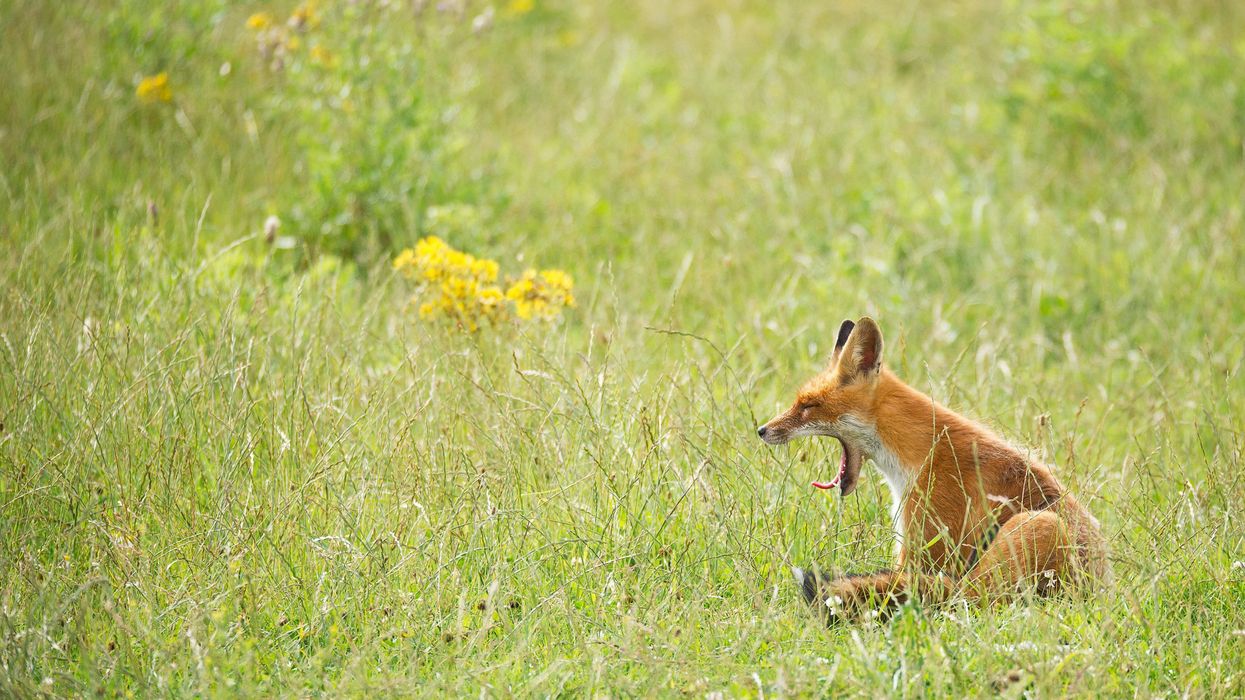
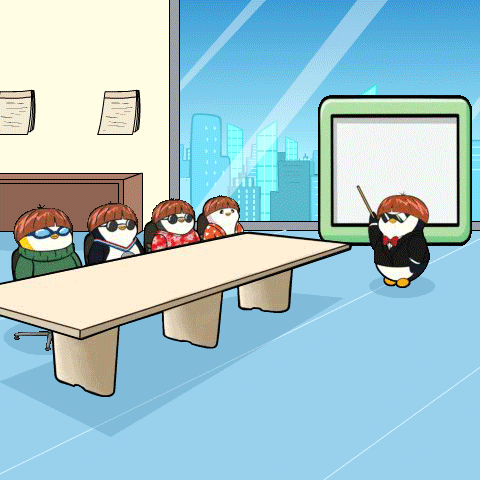 Going Up High School GIF by Pudgy Penguins
Going Up High School GIF by Pudgy Penguins 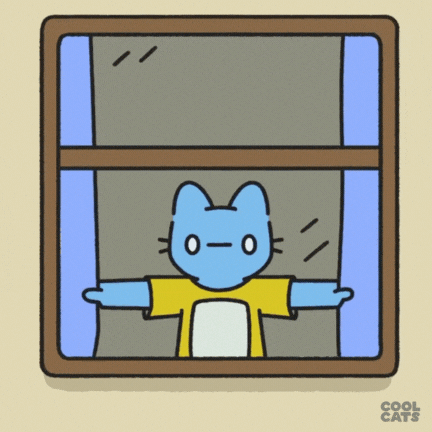 Thats It No More GIF by Cool
Thats It No More GIF by Cool 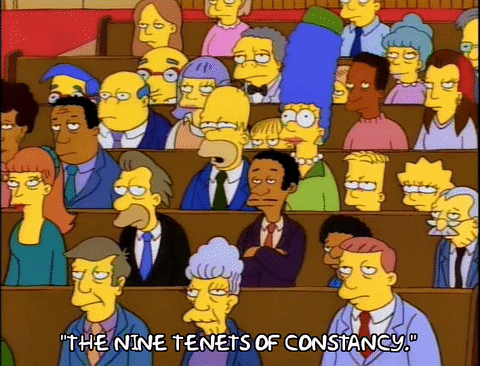 tired homer simpson GIF
tired homer simpson GIF 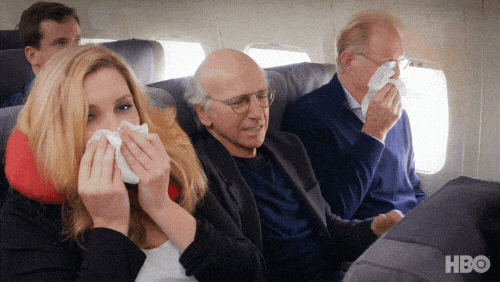 Season 9 Ugh GIF by Curb Your Enthusiasm
Season 9 Ugh GIF by Curb Your Enthusiasm 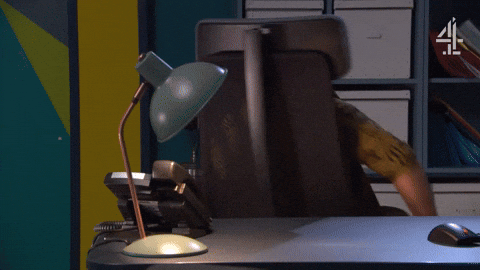 Working Bored To Death GIF by Hollyoaks
Working Bored To Death GIF by Hollyoaks